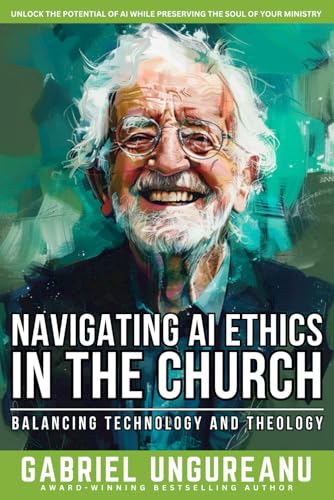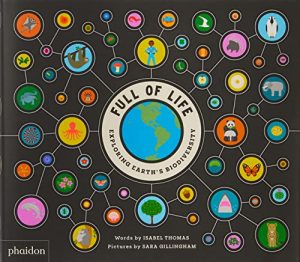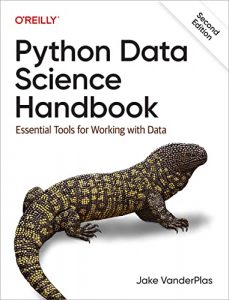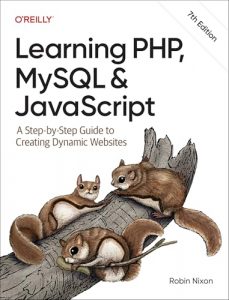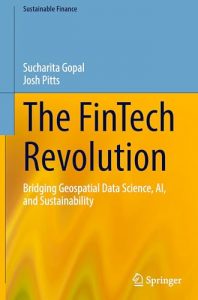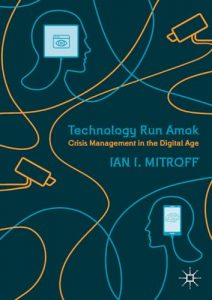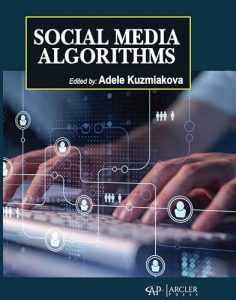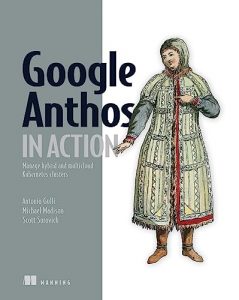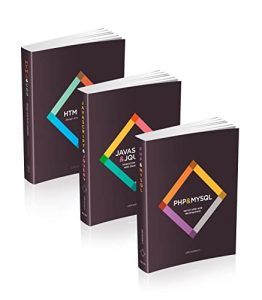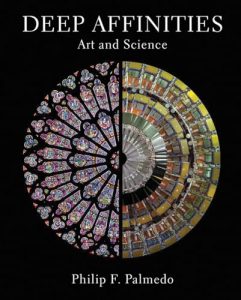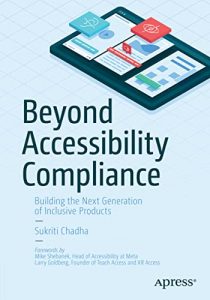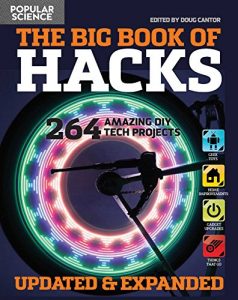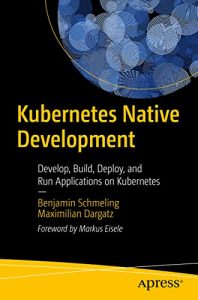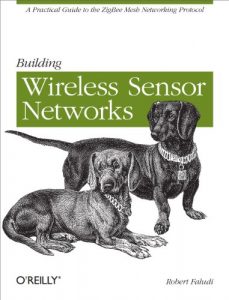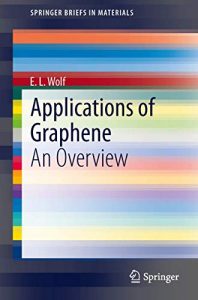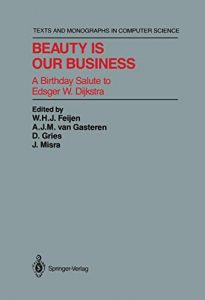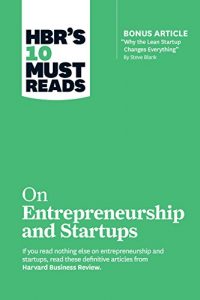Navigating AI Ethics in the Church: Balancing Technology and Theology
In his insightful book, Gabriel Ungureanu tackles a pressing issue that many may overlook: the intersection of technology and theology, especially within the church. Ungureanu provides a comprehensive look at how AI shapes moral decisions and the delicate balance required to nurture faith in a technological world. This book encourages readers to think critically about the role of AI in spiritual contexts and is a call to the church to embrace ethical frameworks that will guide technology usage responsibly.
Building a God: The Ethics of Artificial Intelligence and the Race to Control It
Christopher DiCarlo’s book dives deeply into the quest of humanity to control and create intelligence that mimics our own. This book is a must-read for anyone interested in the ethical implications of creating ‘intelligent’ beings. Understanding the moral responsibilities associated with AI design and usage is more critical than ever, and DiCarlo provides thought-provoking analysis on this subject, urging us to ponder the weight of our creations and their potential impact on society.
Latest Trends In AI Ethics: Practical Advances In Artificial Intelligence And Machine Learning
Dr. Lance Eliot’s insightful exploration of practical advances in AI ethics is essential for clutter-cutting through buzzwords and concepts. This book merges the rapidly evolving landscape of AI with ethical considerations in real-world applications. Providing case studies and current trends, it serves as a guide for professionals navigating the complex ethical dilemmas posed by AI and machine learning technologies, making it invaluable for both practitioners and students alike.
97 Things About Ethics Everyone in Data Science Should Know
Bill Franks compiles a treasure trove of insights in this guide for data science professionals. In an era where data manipulation can lead to ethical quandaries, understanding ethics is non-negotiable for data scientists. This compilation provides succinct advice and case studies, highlighting why ethics should be at the forefront of data science practices. It serves as both an introduction for novices and a reference for seasoned practitioners seeking to enhance their ethical reasoning.
Responsible AI in the Age of Generative Models: Governance, Ethics and Risk Management
This byte-sized learning book by I. Almeida offers a compact yet profound dive into the emerging concerns surrounding generative models in AI. As we navigate the complexities of creating autonomous systems, understanding governance and risk management is critical. Almeida makes a compelling case for integrating responsible practices in the development of AI technologies, essential for both innovators and policymakers striving for ethical standards in AI.
The AI Mirror: How to Reclaim Our Humanity in an Age of Machine Thinking
Shannon Vallor’s “The AI Mirror” is a thought-provoking treatise on how AI impacts our human experiences. Vallor challenges us to consider how we can retain our essence amidst increasing reliance on machine cognition. The book serves as both a warning and a guide, calling for a reclaiming of what it means to be human in a landscape flooded with artificial intelligence, making it a must-read for anyone interested in the ethical implications of our technological future.
Ethics of Technology: AI Ethics, Surveillance, and the Control of the Digital Age
Angel Marqués offers a critical exploration of surveillance, control, and the ethical dimensions of technology in the digital age. This insightful work is crucial as we confront the realities of constant monitoring and data harvesting in our lives. Marqués demands accountability and advocates for ethical frameworks to mitigate the perils of technological advancement, making this book essential for anyone examining the intersection of technology and ethics.
AI Ethics in Education: Shaping the Future of Responsible Learning
In “AI Ethics in Education,” Bryce E. Harrison discusses the profound implications of artificial intelligence in educational frameworks. Harrison argues for ethical considerations in the development and integration of AI technologies within learning environments, emphasizing the importance of cultivating responsible learning practices. This book is vital for educators and policymakers dedicated to responsibly shaping the future of education amidst technological advancements.
Ethics in Artificial Intelligence: Bias, Fairness and Beyond
The collaborative work of Animesh Mukherjee, Juhi Kulshrestha, Abhijnan Chakraborty, and Srijan Kumar investigates the ethical concerns of bias and fairness in AI. This comprehensive examination sheds light on the critical issues faced by AI developers and users alike—highlighting how biases can arise and advocating for systemic change in AI development to ensure fairness is prioritized. This book is a treasure trove for researchers and tech professionals aiming to design just and equitable AI systems.
The Ethics of Artificial Intelligence in Healthcare
Eike-Henner Kluge’s profound exploration of AI’s role in healthcare highlights the ethical challenges facing practitioners as they integrate technology into medical decision-making. Kluge emphasizes the need for policies that ensure AI complements human efforts rather than replacing them. This book is essential reading for healthcare professionals and policymakers, as it discusses the critical balance between innovation and ethical standards in life-saving fields.

